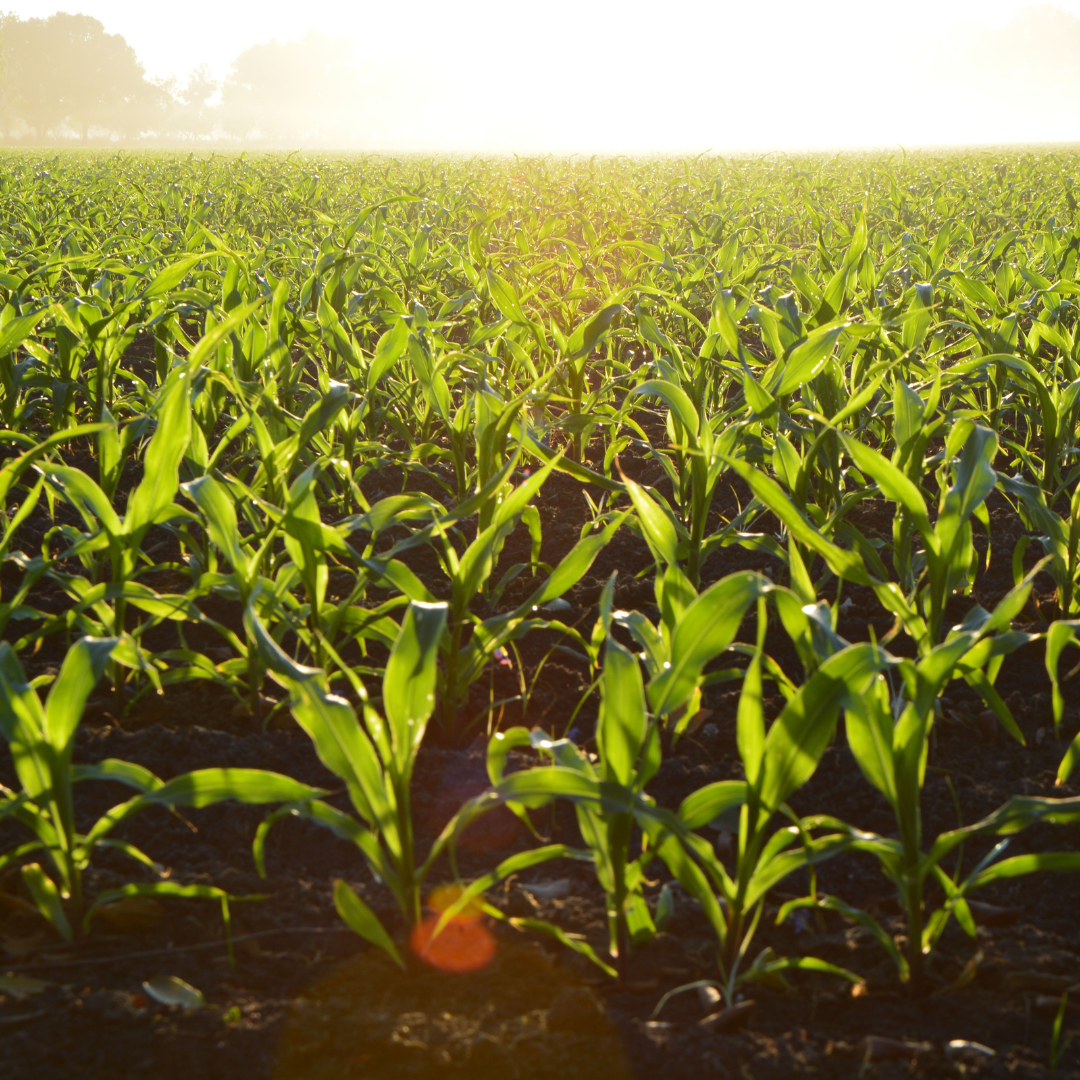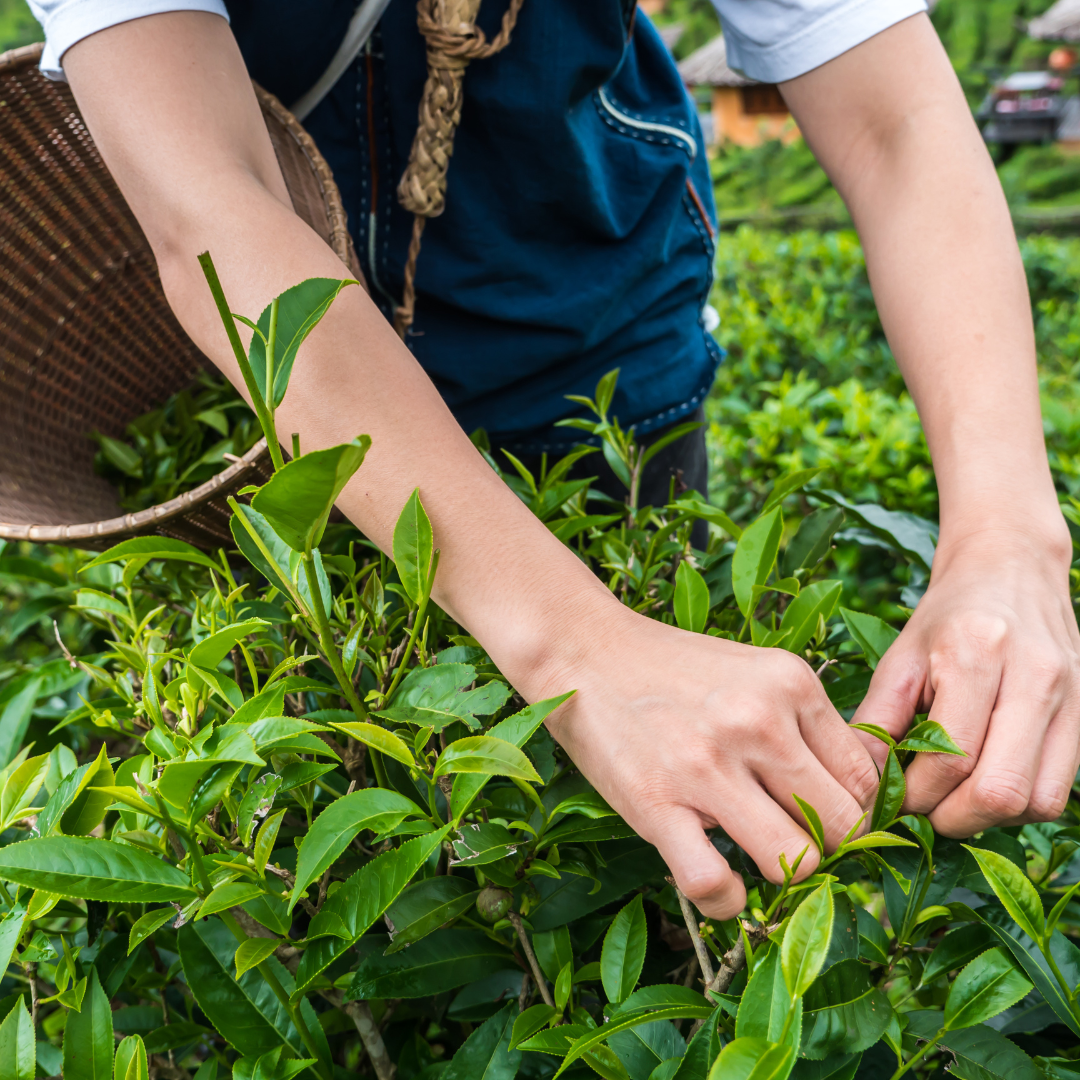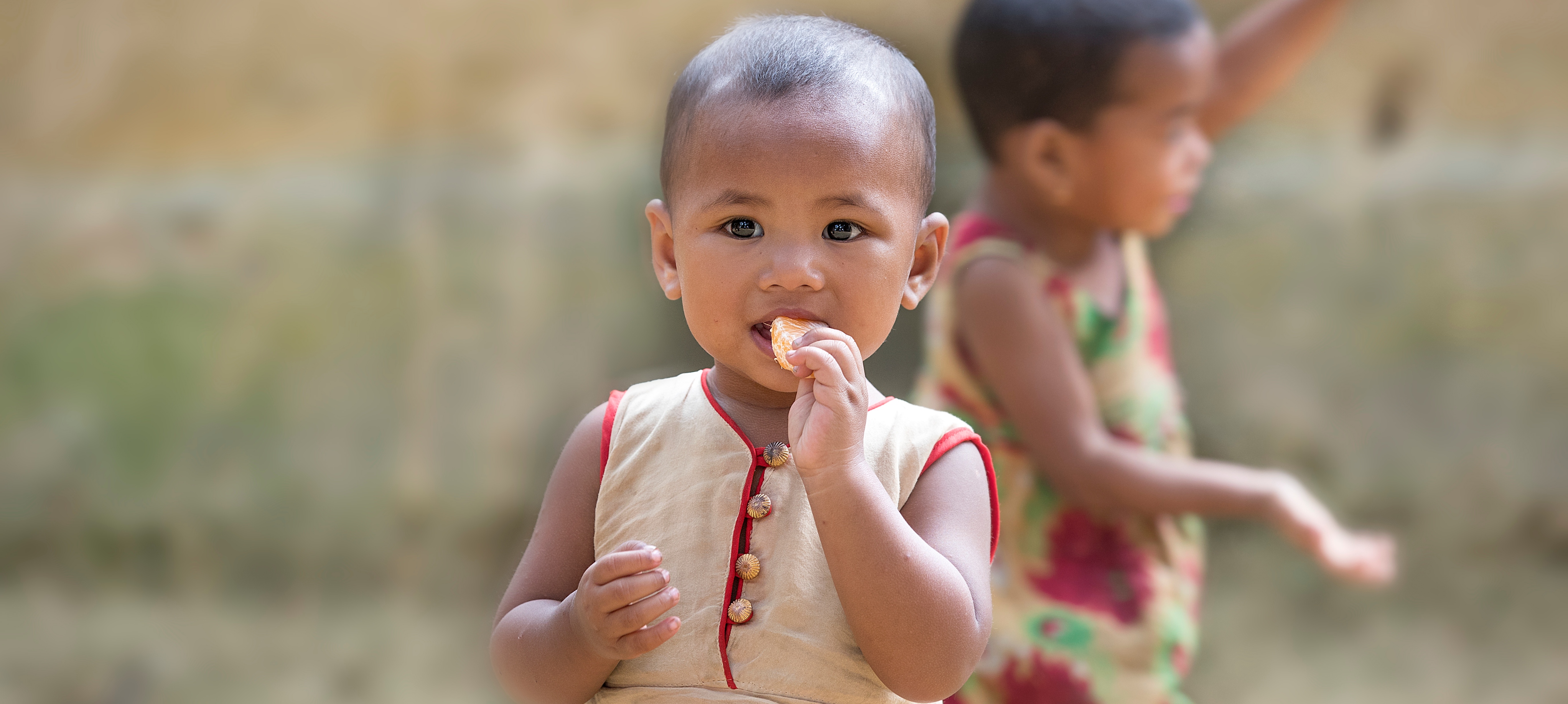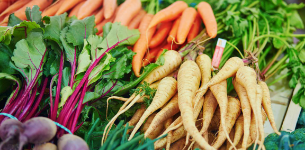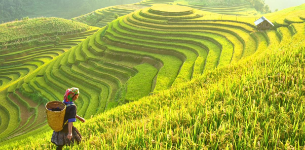This editorial explores the evolution of agricultural research, emphasizing the shift from local production to global agri-food systems focusing on
Other content with the tag "Agriculture".
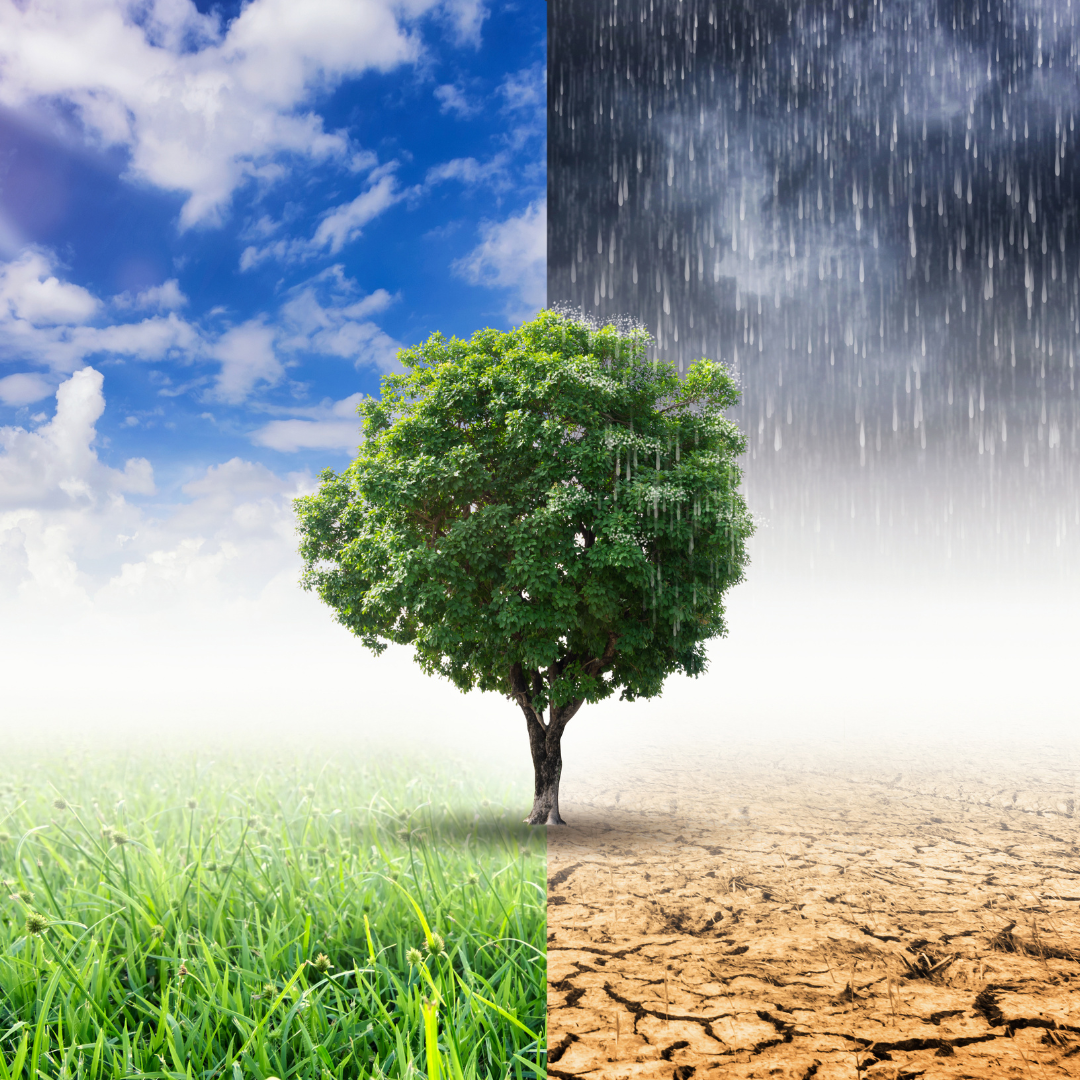
This study evaluates how healthier diets and increased agricultural productivity in the United States can help meet climate and sustainability goal
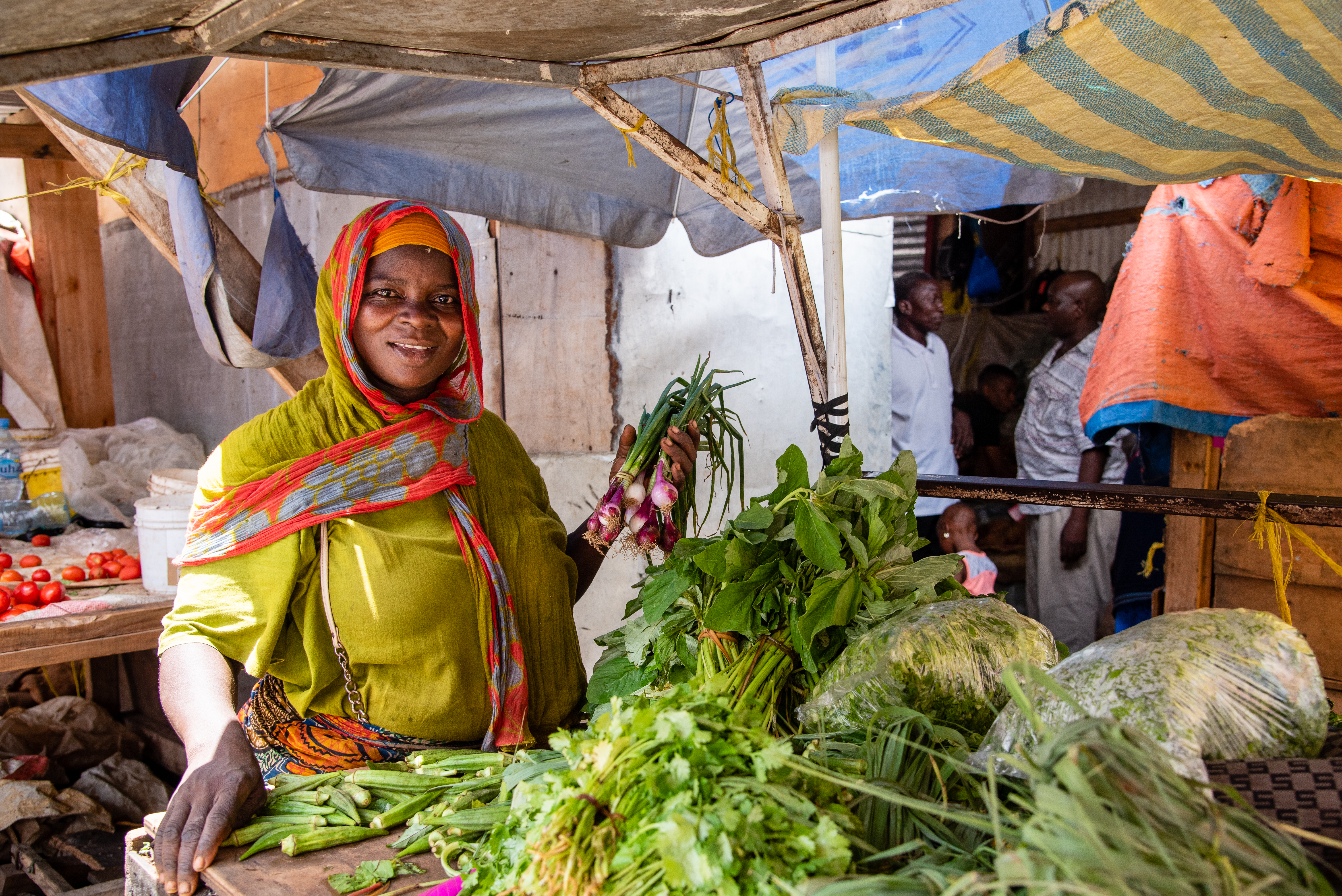
This report provides a comprehensive analysis of food and nutrition security in Kenya, emphasizing the disparities between urban and rural areas an
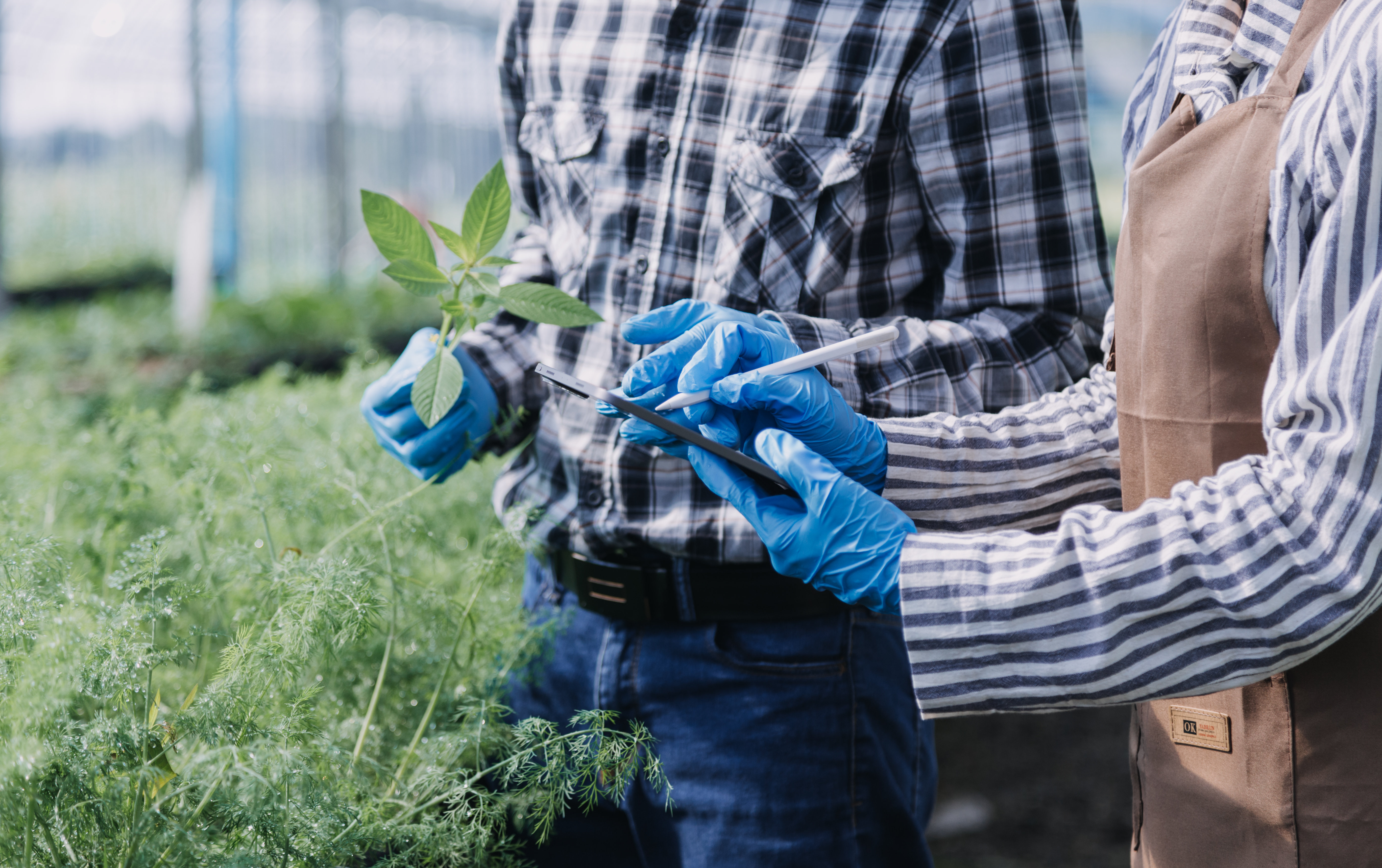
Public and private plant breeders, crucial users of plant genetic resources conserved in global genebanks, play a significant role in enhancing foo

Reducing post-harvest loss is one promising way to make nutritious foods more available, accessible, and affordable - all while improving the envir
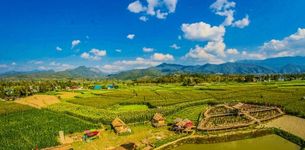
Despite the growing knowledge that food system solutions should account for interactions and drivers across scales, broader societal debate on how

The need to create more sustainable food systems calls for careful attention to justice in making the transition.

The current way our food systems operate does not result in healthy and nutritious diets for all, nor are we producing food in a manner that the pl
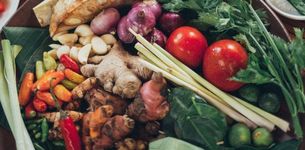
Global food systems face unprecedented challenges Food plays a crucial role in all our lives, not only in supporting our physical and mental health

In his book Doing Well by Doing Good, Derek Tribe made the case for investing in agricultural research in our developing country neighbours.

Many impact-oriented initiatives are increasingly recognizing the opportunity to support the private sector to empower women in the workplace and g

Driven to Waste: Global Food Loss on Farms, a report from WWF and Tesco, reveals an estimated 2.5 billion tonnes of food goes unea
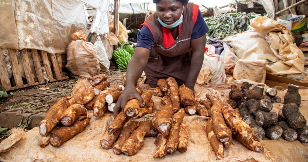
Using a theory of change (TOC; a simplified definition of how and why an intervention is expected to work) or a programme impact pathway (PIP; a mo
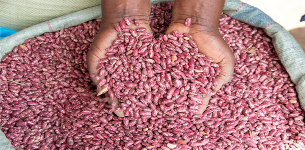
Biofortification of staple crops has the potential to contribute to reducing micronutrient deficiencies by increasing micronutrient intakes.

The Commercialisation of Biofortified Crop (CBC) programme, jointly led by the Global Alliance for Improved Nutrition (GAIN) and HarvestPlus, aims
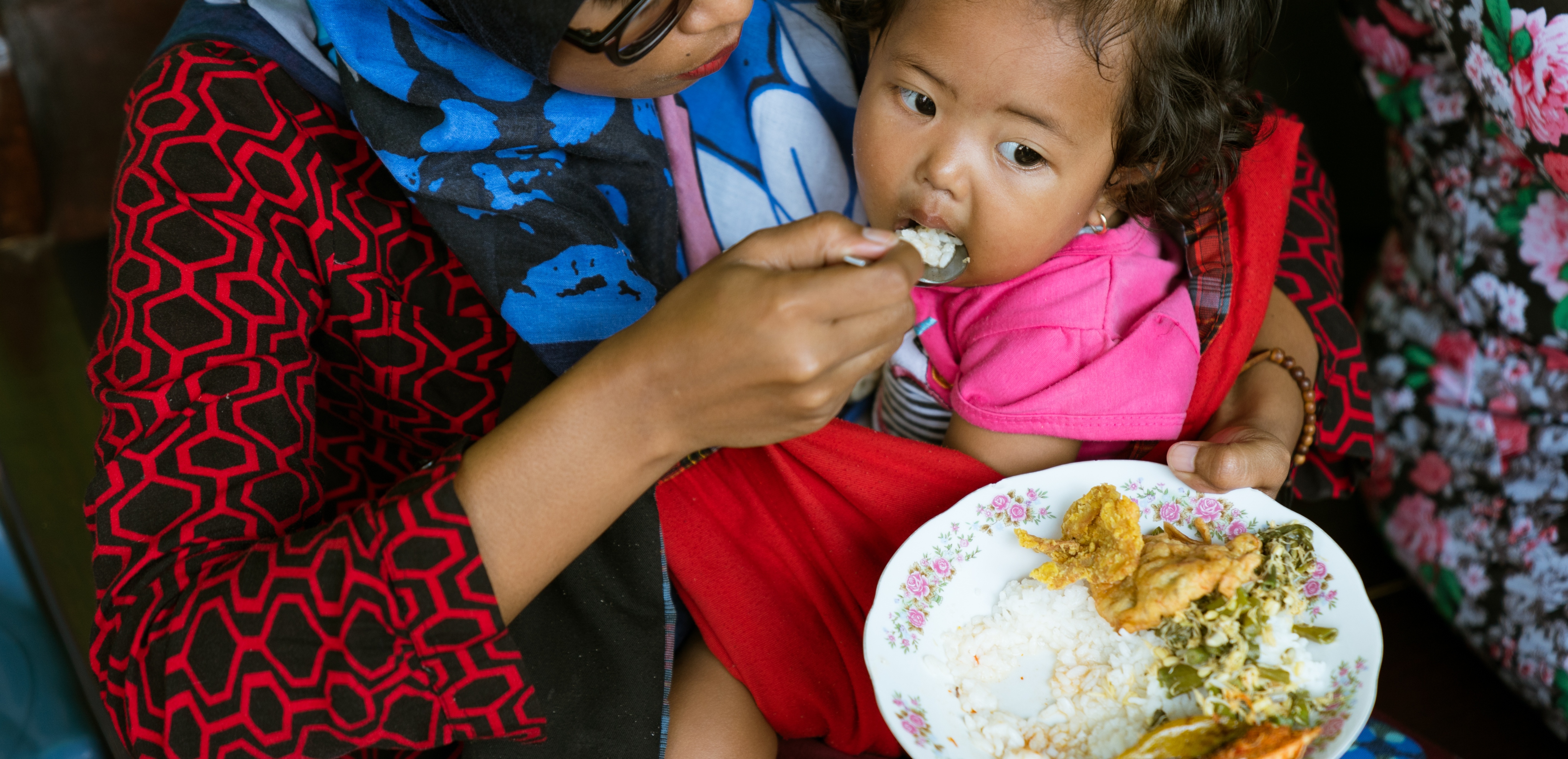
This peer reviewed publication explores the inextricable link of food safety and nutrition.
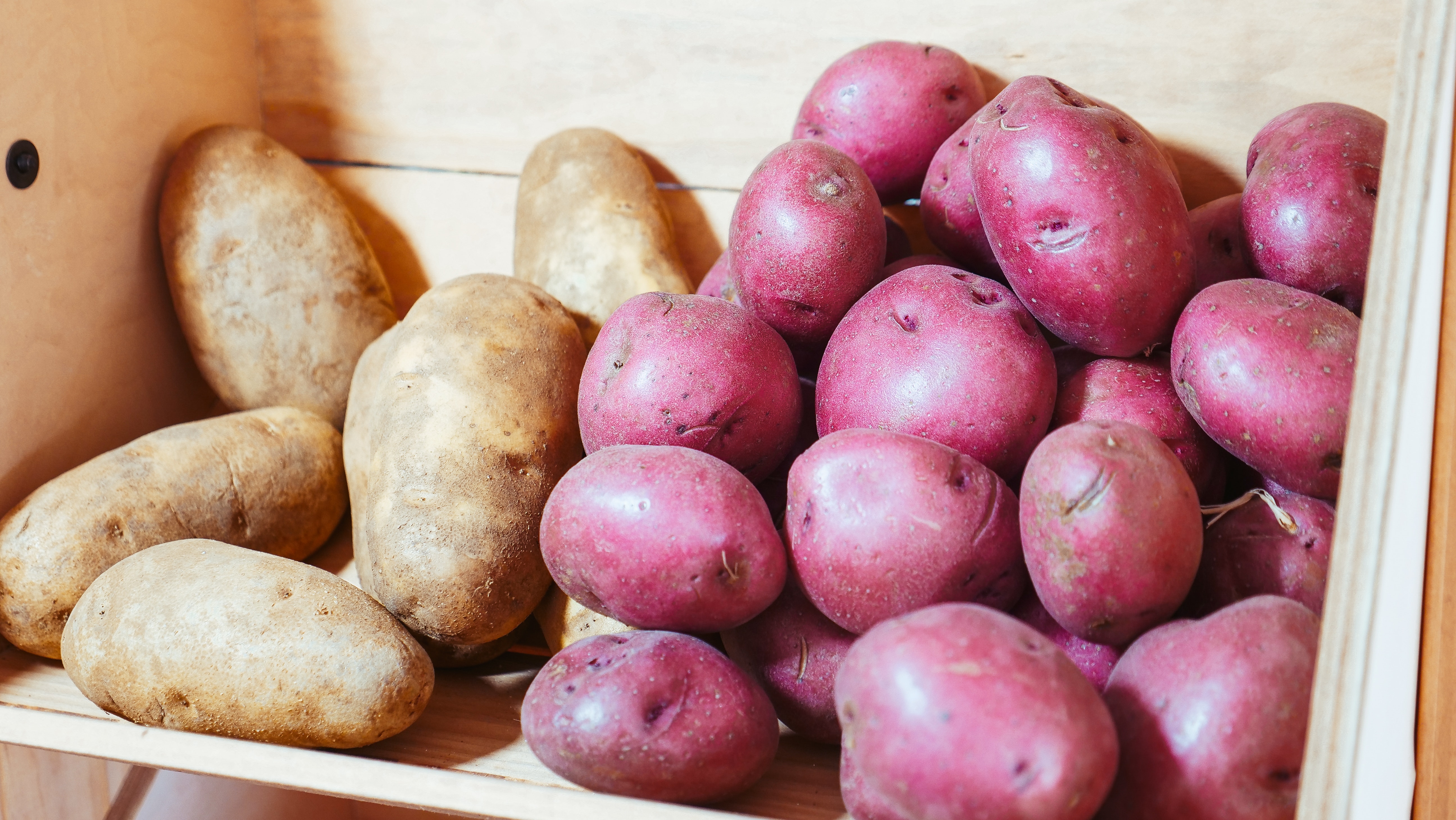
This peer reviewed article explores the presence and impacts of foodborne diseases in low- and middle-income co

WHO’s Food Safety Community of Practice (COP) is a peer-to-peer online forum for global professionals working o

Summary
This study is the result of a landscape analysis undertaken by Action Against Hunger UK for the Global Al
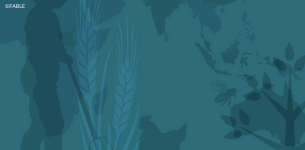
The Food, Agriculture, Biodiversity, LandUse, and Energy (FABLE) Consortium is a knowledge network of research

Corteva Agriscience hosted a discussion to rethink the agriculture industry’s future and the quest to feed our rapidly growing population through s

Concentrating on five key areas (cement, plastics, steel, aluminium, and food) Completing the picture: How the circular economy tackles climate
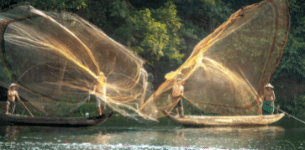
It is no secret that climate change is significantly impacting our oceans, and those who depend on them.
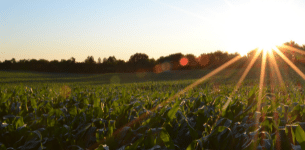
The board members of the Regenerative Organic Alliance (ROA) span the nonprofit sector and the business sector but come together to further the mis

The Farmlink Project is a college student led nonprofit that recovers excess farmer produce and delivers it to communities in need.

Groups like the Borderlands Produce Rescue are recovering left over produce from private farms and distributing fresh, nutritious produce to commun

The process of transporting food from rural, agricultural landscapes to consumers can be long and complex.

The 2021 edition of this flagship report from IFPRI "looks at the critical lessons learned and promising opportunities for transforming our food sy

The Consumer Good Forum (CGF)'s Collaboration for Healthier Lives (CHL) Coalition works to drive collaborative actions through local initiatives to

This paper summarises research conducted on the impacts of COVID-19 on LMICs’ food systems.
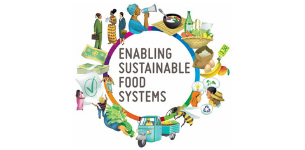
This is an incredibly practical resource, written collaboratively to bring real-life experience and lessons from local food systems actors from Asi
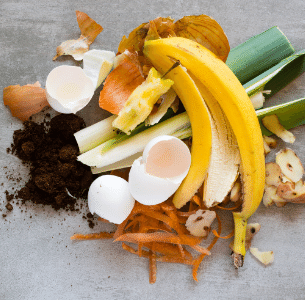
This is the fifth annual SDG 12.3 progress report to track and report on global progress towards achieving SDG 12.3 - to halve global food waste at
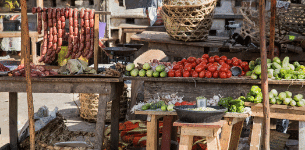
This comment piece highlights important areas progress against goals set out in the Malabo Declaration, which provides the direction for Africa’s a

This Africa Agriculture Report 2020 from the Alliance for a Green Revolution in Africa (AGRA) sets out challenges and opportunities for improving f

This paper from Chatham House does not deal explicitly with nutrition, but its findings have important implications for food systems across Latin A
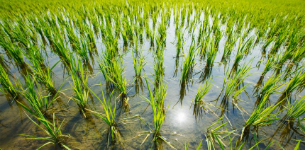
A group of local women in India did not expect United Nations backing and help from the Global Environment Facility when they set out

Like many other reports, this publication confirms that our food systems are failing us.

Peer review evidence on why it does not always make sense for farmers to harvest crops.
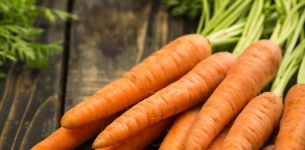
This tool helps you discover policies at U.S. federal and state levels determining food loss.
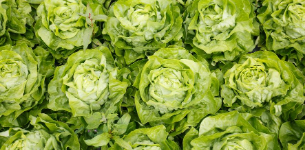
Three changes to the way the food business works can significantly reduce food waste and the burgeoning food insecurity:
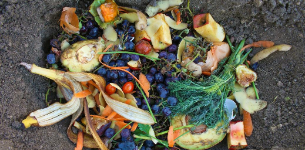
This short article by the World Economic Forum is a must read for public and private actors working in the food system.
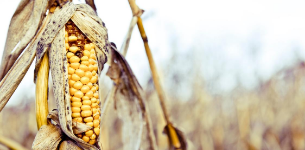
This report by Deloitte looks at solutions for post-harvest loss in Sub Sahara Africa, given that in this region of the world alone app
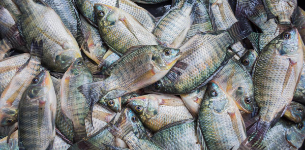
Given the expansion of Tilapia farming in Ghana, this paper analyses inclusive business models along the fish seed value chain.
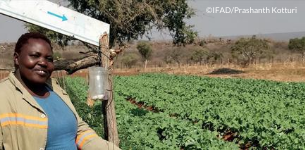
Lack of accountability and follow up project planning is an issue that can limit many PPEs.

This video from Unilever shows the rationale for creating a segregated supply of certified palm oil.

In South Asia and Africa south of the Sahara domestic food chains account for almost all of the food market. In these countries, rough
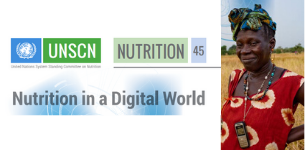
The theme of the 2020 report from the UN Standing Committee on Nutrition (UNSCN) is Nutrition in a digital world. The articles, research a

The World Benchmarking Alliance (WBA) was established to drive wider and deeper participation from the private sector in the global efforts towards

This case study summarises the findings of research undertaken by GAIN and NewForesight to explore what motivated Touton, a major cocoa trader, to

Integrated food policy: What is it, and how can it help transform food systems? is the third brief in the Rethinking Food Pol

This report highlights progress made towards achieving SDG Target 12.3: “By 2030, halve per capita global food waste at the retail and consumer

This new global report from the Food and Land Use Coalition (FOLU) proposes a reform agenda for food systems centred around ten critical transition

This report from the World Resources Institute (WRI) was produced in partnership with the World Bank, UN Environment Programme (UNEP), UN Developme

This special report from the IPCC highlights the impact of land use and agricultural practices on climate change.
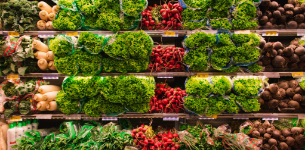
This podcast explores US agricultural policy through a Cold War lens, discussing the ‘Farms Race’ between the US and the Soviet Union.

The Food and Agriculture Organization of the United Nations (FAO) has developed an SDG progress report to examine key data and trends for indicator

New study in the Lancet calculates historical and future availability of fruit and vegetables compared to the amount recommended by the World Healt

The State of Food Security and Nutrition in the World (SOFI) is an annual report jointly published by the several bodies of the United Nations: Foo

In this report, the World Benchmarking Alliance (WBA) identifies seven systems transformations that are key to addressing the SDGs, and where busin
This paper by IDH – Sustainable Trade Initiative gives extensive evidence on how to deliver models that provide service delivery to smallholder far
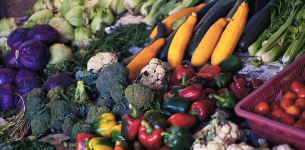
City University of London has produced five briefs as part of the "Rethinking Food Policy: A Fresh Approach to Policy and Practice" series.
The Global Alliance for Improved Nutrition’s Marketplace for Nutritious Foods program sparks private sector production and marketing of nutritious
The Global Alliance for Improved Nutrition’s Marketplace for Nutritious Foods program sparks private sector production and marketing of nutritious

In this thought piece from the Agrobiodiversity Index report 2019: Risk and resilience, the authors give examples of policies, financing mechanisms
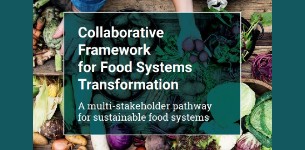
This report provides an approach for collaborative policymaking and governance improvement for sustainable food systems.

Biofortification is "the process of increasing the density of vitamins and minerals in a crop through conventional plant breeding or agronomic prac
Fixing food 2018: best practices towards the Sustainable Development Goals investigates best practices in food sustainability across the w
Developed by The Economist Intelligence Unit and the Barilla Center for Food & Nutrition, the Food Sustainability Index ranks 67 countries base

The International Agri-Food Network brings together thousands of international companies and national associations under the umbrella of fourteen i
The Center for Strategic and International studies have looked at the impact of Feed the Future Investments in Guatemala.
The Center for Strategic and International studies have looked at the impact of Feed the Future Investments in Bangladesh.
The Center for Strategic and International studies have looked at the impact of Feed the Future Investments in Tanzania.
This short blog in Agrilinks gives a set of practical recommendations for knowledge management from CARE’s West Africa office.

Seventy-five percent of the global food supply comes from 12 plant and five animal species – this report by WWF, Washington University, and food gi
Cocoa may not be the most nutritious of agricultural products, but it has huge environmental and economic importance.
This blog, by Alex Rees, asks some difficult questions – namely, do agricultural investments in Africa come anywhere close to the recommendations l

This collection of news stories highlights some of the biggest challenges facing our food systems, and how policy and innovation can come together
FReSH’s True Cost of Food Discussion Paper identifies the methodological and data gaps that need to be filled to make true cost accounting (TCA) mo
This public private partnership in Nigeria demonstrates what can be done to improve crop safety and reduce the non beneficial impacts of toxic crop
Peer review article in Hidden Hunger: Malnutrition and the First 1,000 Days of Life: Causes, Consequences and Solutions.
Restricted access paper looking at the role for public private partnerships in making agriculture value chains work for smallholder farmers, based

The Safe Food Imperative argues that much of the health and economic burden of unsafe food can be avoided through preventive measures, investments,

The Committee on World Food Security is a collaboration of international agencies, civil society, and the private sector focusing on policy issues
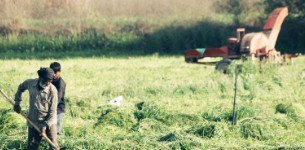
Expanding and replicating successful nutrition programmes can be challenging – innovation hugely depends on the types of partners and the roles of
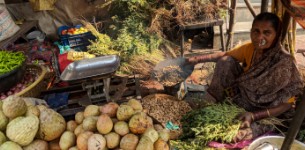
The South Asia Food and Nutrition Security Initiative (SAFANSI) is an example of a multi

The cost of a nutritious meal is not fixed and it can be heavily dependent upon the season.

This report was written with four groups of key stakeholders in mind: national and regional food and beverage companies, multinational food and bev
Discussion Paper by the International Food Policy Research Institute giving an overview of market failures limiting smallholder involvement in supp
This report by the International Food Policy Research Institute has reviewed factors responsible for the growth of fertiliser use and maize product
An academic paper by the International Food Policy Research Institute looking at expectations that drive formal public private partnerships in agri
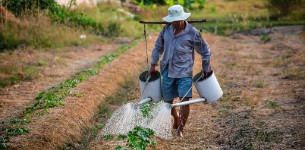
This study of agricultural PPPs in Ghana, Malawi, and Kenya calls for governments, donors, and companies to ensure greater participation from small

Case studies embedded in local political economy, covering: dairy value chains in Afghanistan, milk value chains in Bangladesh, flour fortification

FAO and the Government of Switzerland launched a competition to fund winning innovations which contribute to the global effort to reach Zero Hunger
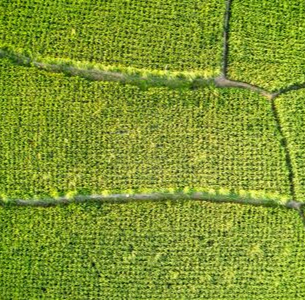
This landmark paper does not only make recommendations, it shows what can be done with the global resources we have and are likely to have in the f
Chapter 7 of the FAO’s 2013 State of Food and Agriculture: Food Systems for Better Nutrition, provides a helpful overview of the challenges and opp

The Harvard Kennedy School Corporate Responsibility Initiative looks at what is needed to boost investment in value chains, especially from small a
A helpful review of Options for keeping the food system within environmental limits
Technical report from the Sustainable Development Solutions Network on the Post-2015 Development Agenda.
Working paper by Consultative Group for International Agricultural Research (CGIAR) looking at how corporate social responsibility and supply agree
Report from a workshop on collaborative learning at the Institute of Development Studies in 2017, Brighton, U.K.

This 21-page briefing by Society Works summarizes information on 152 social entrepreneurs working on food production, manufacturing, distribution,
Written evidence submitted by Farm Africa and Self Help Africa on December 2012 to the U.K International Development Committee.

Presentation by Aniko Juhasz, Director, Research Institute of Agricultural Economics linked to the European Commission conference: Harnessing Resea
Blog, originally published on Food Security Portal, discussing how global and regional seed companies are working to support smallholder farmers to
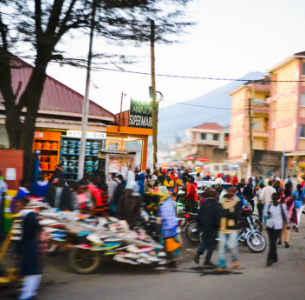
This briefing addresses the distinct roles that each partner can play in promoting nutrition under the Comprehensive African Agricultural Developme

This short paper by the Food and Business Knowledge Platform focuses on public private partnerships (PPPs) in the agricultural sector in Africa.
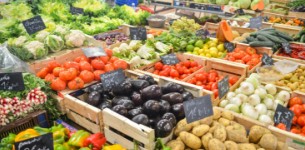
Evidence from the Transform Nutrition Research consortium led by the International Food Policy Research Institute focusing on how to transform the
The Micronutrient Forum is a convener of academics, policy makers, and program implementers.
In this synopsis - aimed at business leaders, governments and implementing agencies - IFPRI and Nourishing Millions provide recommendations on how
In 2015 the Nourishing Millions project reviewed literature and case studies to show the evolution of nutrition during the past 50 years.
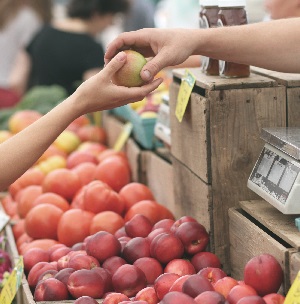
This paper looks at three pillars through which the private sector may directly or indir
SNV is a team of advisers that work with business, governments, and implementing agencies.
